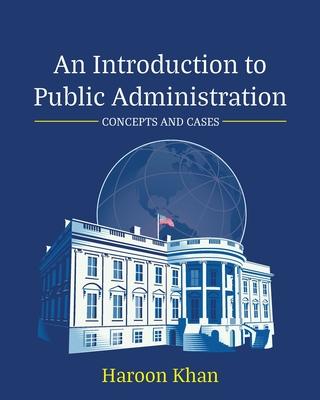An Introduction to Public Administration: Concepts and Cases analyzes the critical issues and concepts of public administration within the context of current challenges in the field due to globalization. The book features coverage of all aspects of modern public administration, as well as a distinct emphasis on comparative public administration, covering the administrative systems of China, Japan, the United Kingdom, Germany, and India.
Opening chapters introduce students to the field of public administration; the interplay between the socio-economic, political, and technological environment and public administration; and the importance of comparative public administration in our increasingly globalized world. Readers learn about federalism; organizational behavior, including classical, human relations, and modern organization theories; and the role of the public manager. Additional chapters examine theories of leadership, human resources management in the public sector, employee-management relations, budgeting, decision-making, bureaucracy, and ethics. Closing chapters explore the nature of nonprofit organizations and e-governance. Case studies within each chapter provide readers with applied examples of the concepts addressed in the book and help them further develop their critical thinking skills.
An essential resource for today's students, An Introduction to Public Administration is an ideal textbook for courses and programs in political science.
